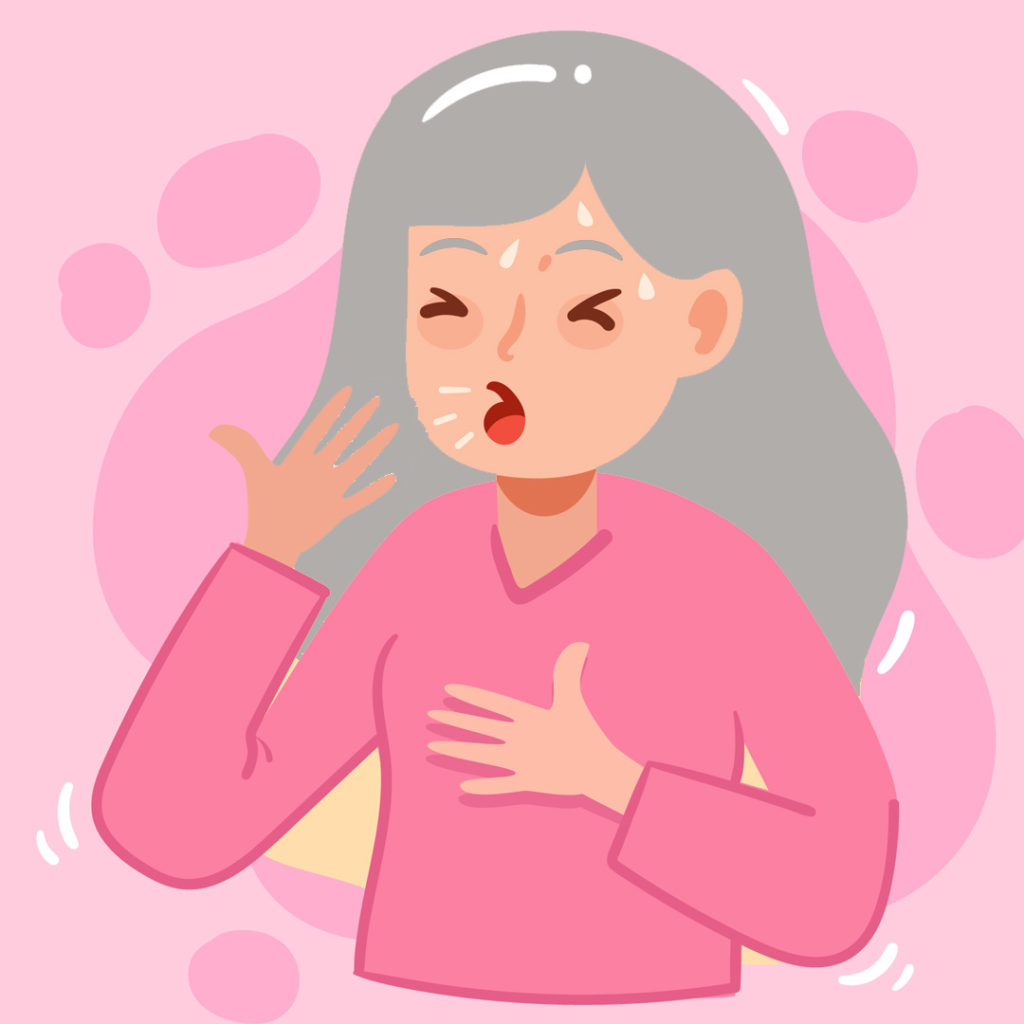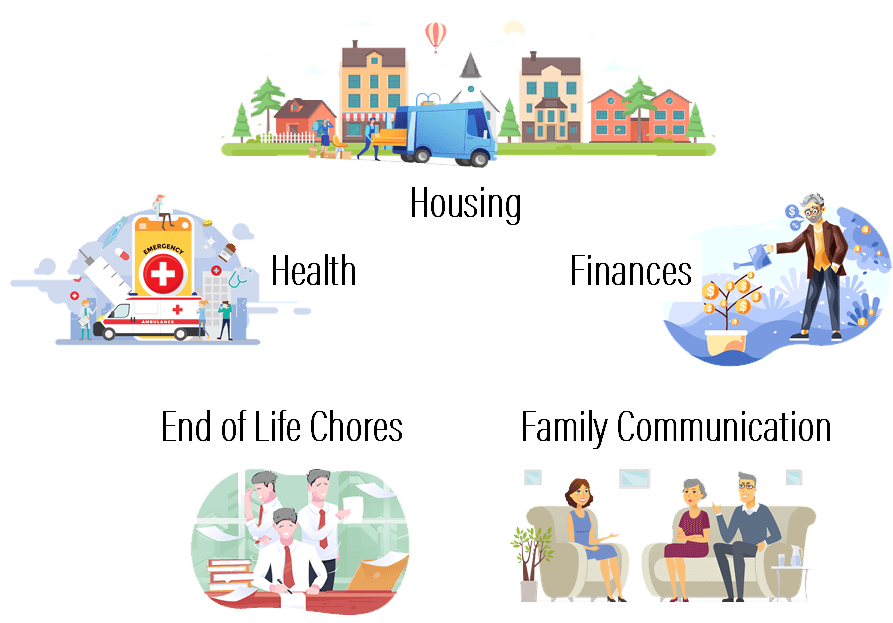Aspiration – What Caregivers Need to Know
Click here to see what's on this page.
Seniors can get aspiration help. Seniors are most familiar with pulmonary aspiration. This is the term used to describe breathing things into your airwaves other than air. These things include saliva, food, and stomach contents. These things are supposed to be in your oropharynx or gastrointestinal tract. The parts of your body involved in drinking and eating. When you aspirate, they go into your larynx and lower respiratory tract, and into the lungs. The parts of your body involved in breathing.
Aspiration is often associated with pneumonia. An inflammatory condition of the lung(s). This inflammation can also cause irritation, difficulty breathing, and even death. Pneumonia kills seniors.
Also see the Section on pneumonia.

Causes
Aspiration is very common among seniors. It can be caused by a variety of factors. Some of these are described below.
| Cause | Result/Effect | ||||
| Impaired tongue control can result in flawed swallowing reflex | Causes aspiration of liquids | ||||
| Impaired swallow reflex | Food may fall into the airway | ||||
| Neurological diseases like Parkinson’s can impair tongue control or impair swallow reflex | Can cause food and liquid aspiration | ||||
| Esophageal diseases like GERD, dysphagia, and throat cancer. | These conditions affect the throat and swallowing abilities. | ||||
| Throat surgeries from various diseases or infections affecting the larynx may impair swallowing. | If the larynx can’t close tightly, food and liquids can enter the windpipe. | ||||
| Dental problems can impact chewing and swallowing. | This can interfere with chewing or swallowing reflexes. |
Seniors who are likely to have a number of existing diseases or injuries are at greater risk for developing respiratory complications following pulmonary aspiration. Any senior in the hospital is a high-risk candidate because of depressed levels of consciousness and impaired airways.
Caregivers Need To Know About Symptoms
Caregivers need to pay attention to their patients. Aspiration can be life-threatening. Also, it is very uncomfortable.
Aspiration symptoms include:
For seniors, there are often hard to see or no symptoms associated with small-volume aspirations. The condition is not discovered until it progresses to aspiration pneumonia.
Aspiration Pneumonia
Aspiration pneumonia symptoms include:
CarePlanIt’s Approach
CarePlanIt classifies every issue into one of five key areas: health, housing, finances, end of life chores, and family communication. Once done, the CarePlanIt framework allows you to create an optimized process of addressing the challenge. You minimize your family’s time and costs while maximizing your chance at reaching an ideal solution. Although all five categories work together, it’s important to make an initial categorization.

Aspiration is a “Health” issue. Although aspiration is common, and we all occasionally experience the condition, it emphasizes the importance of being vigilant to avoid compromising a senior’s health.
How Caregivers Can Minimize Risks
Additional Information On Aspiration
Good information on aspiration here.